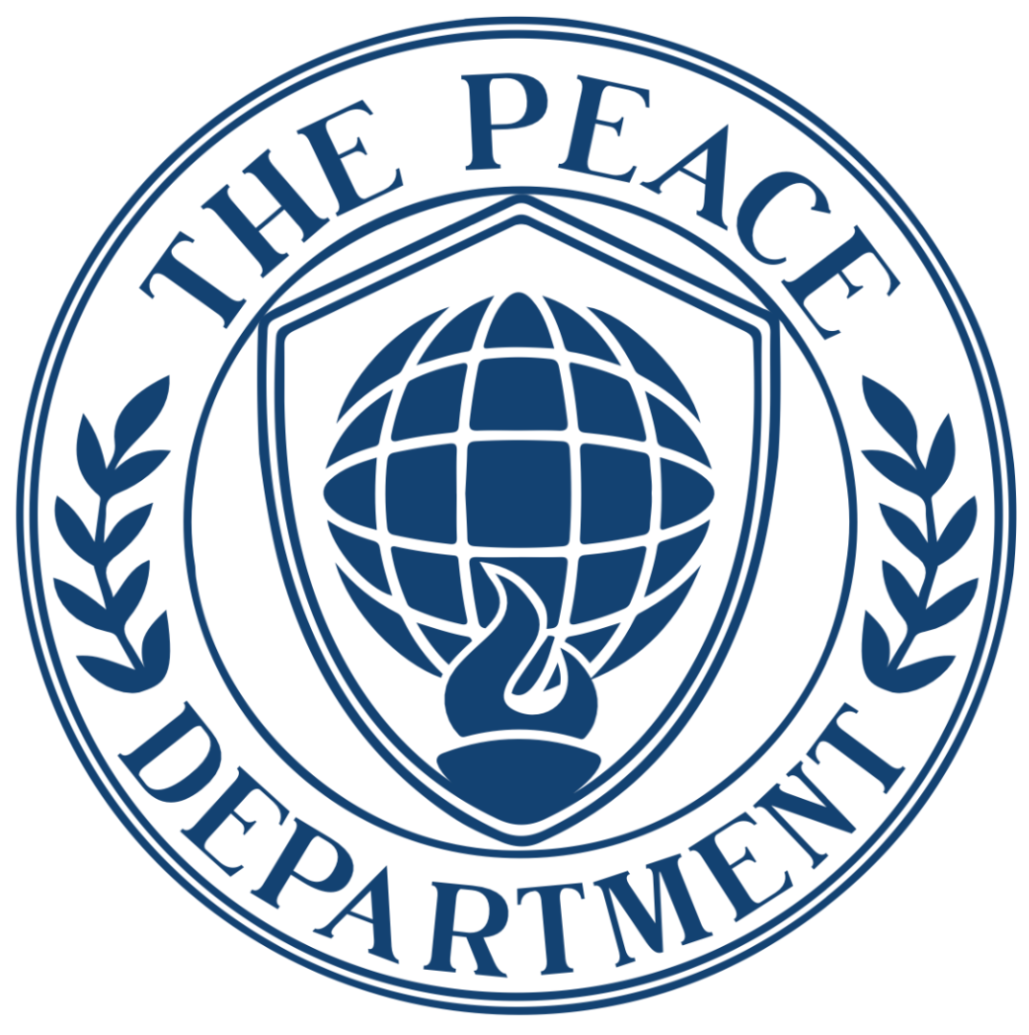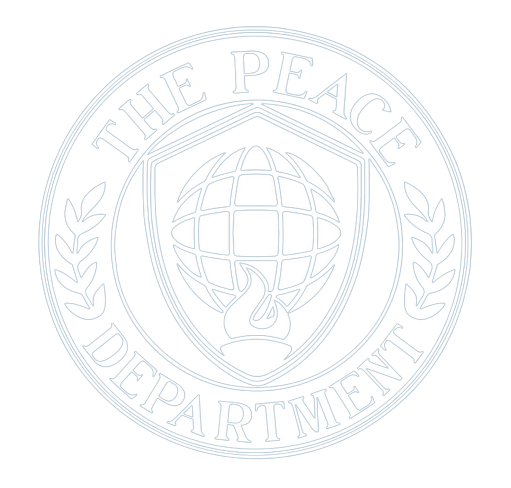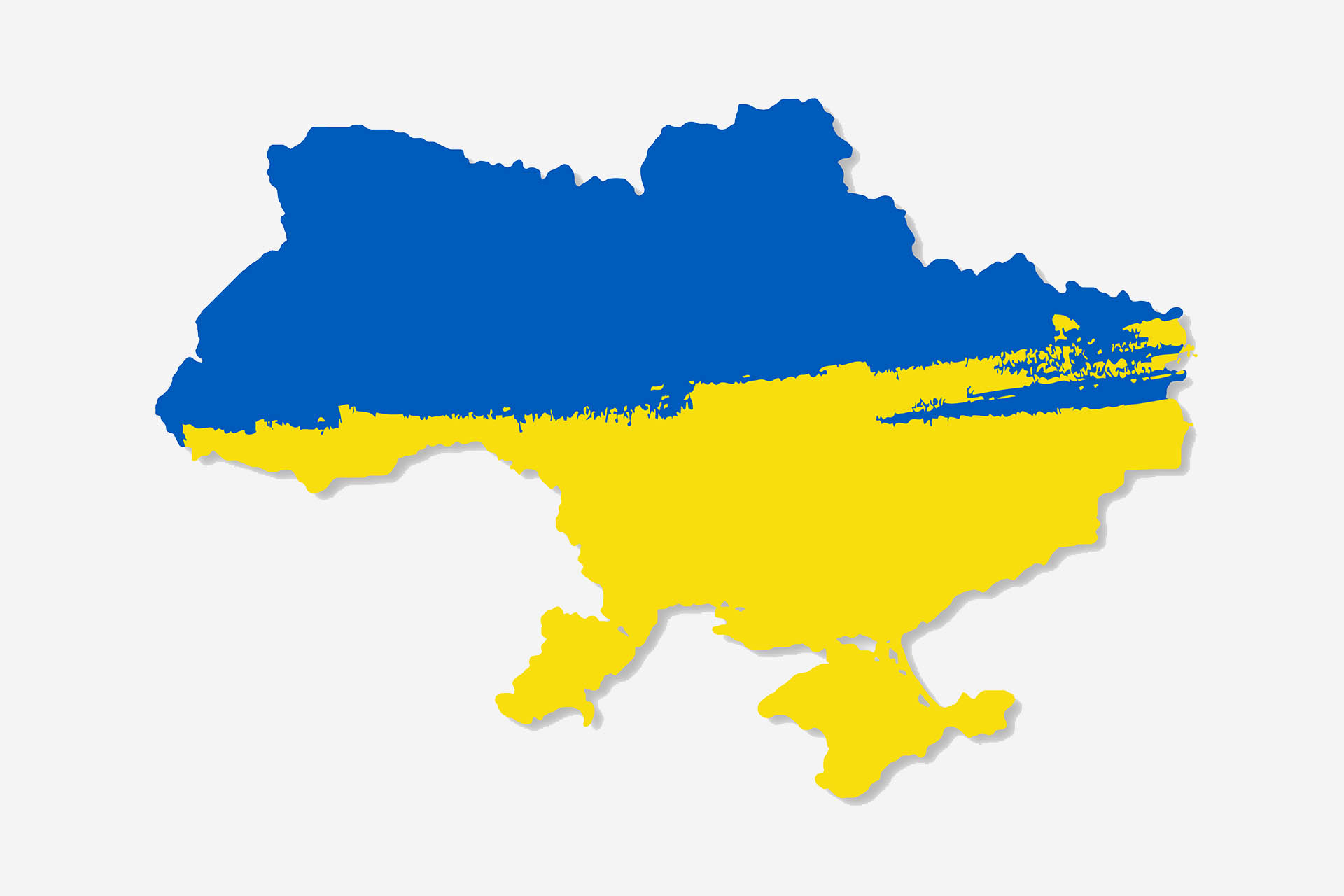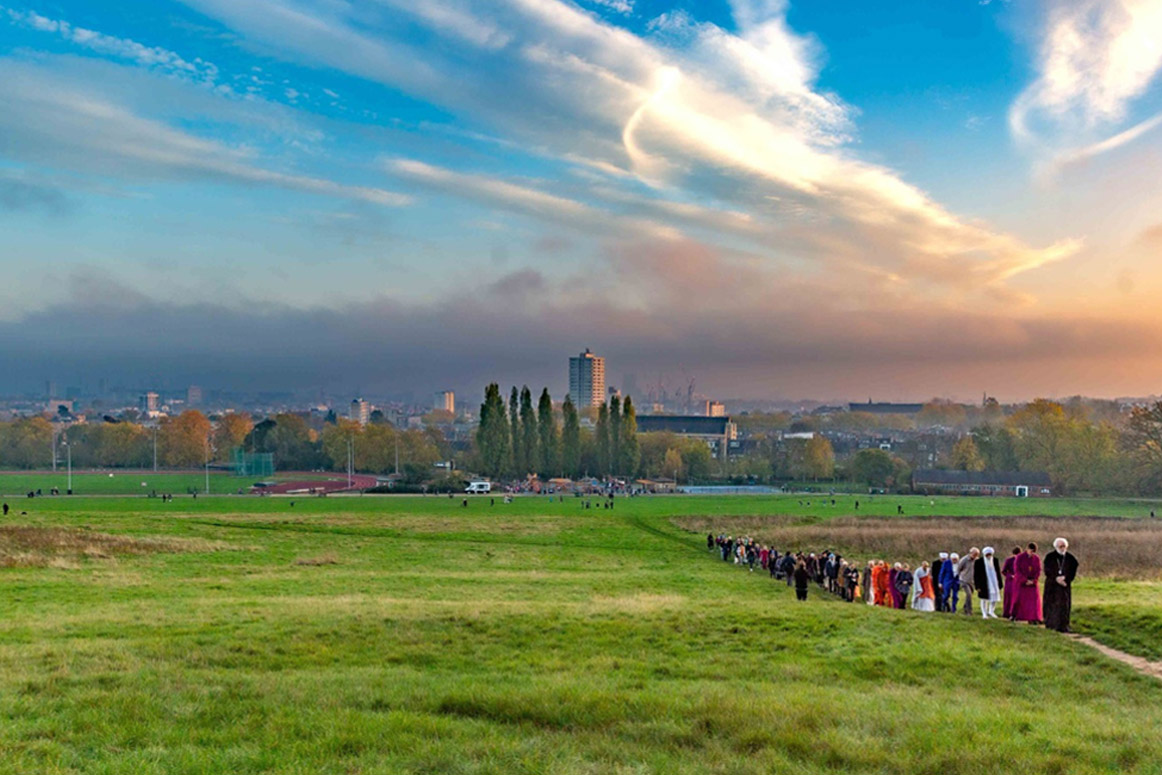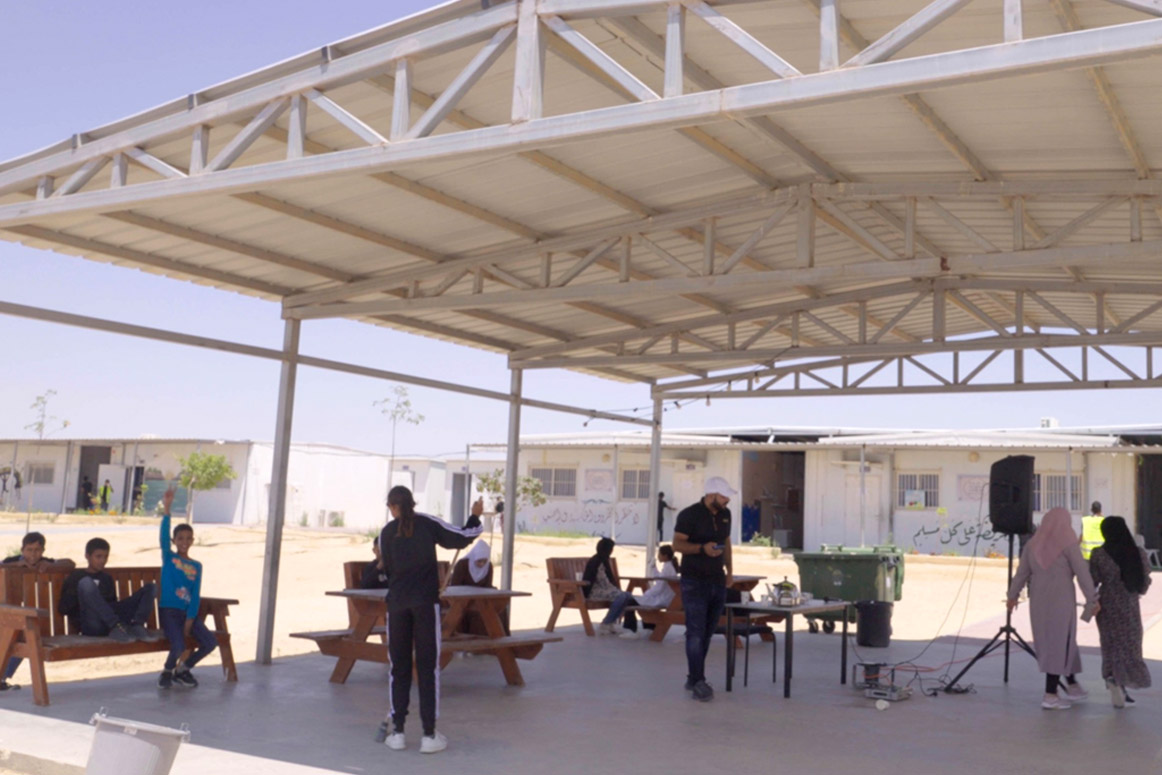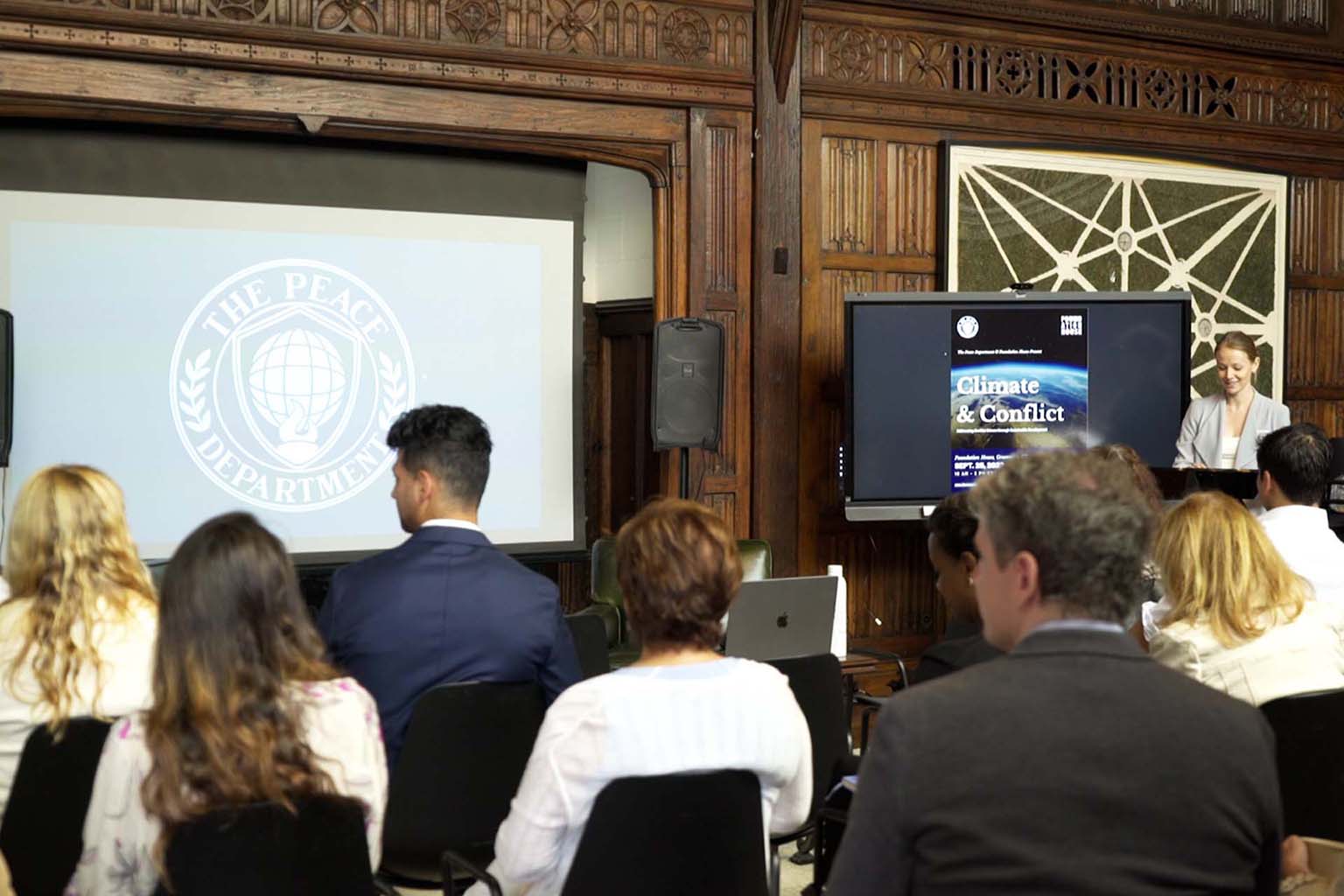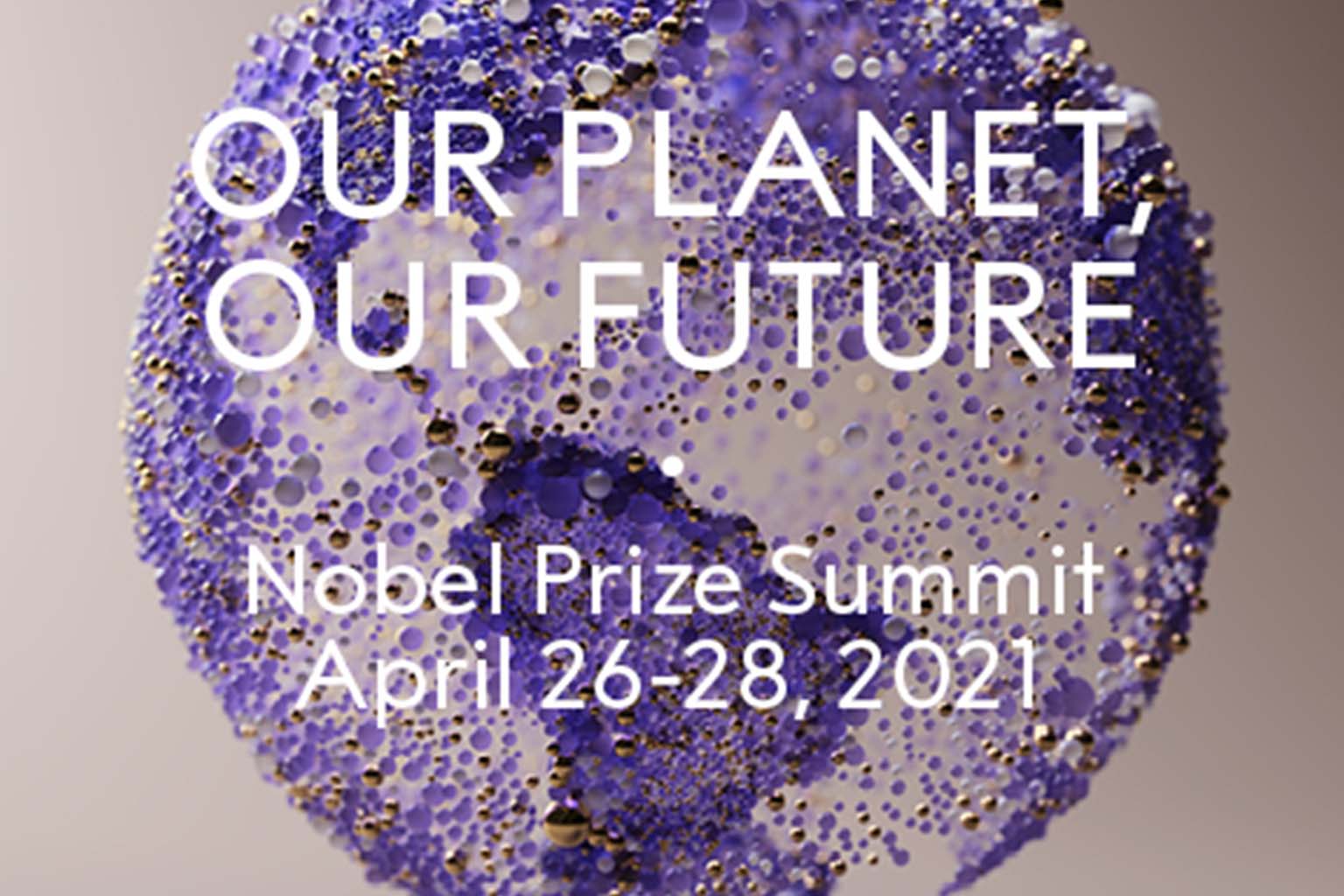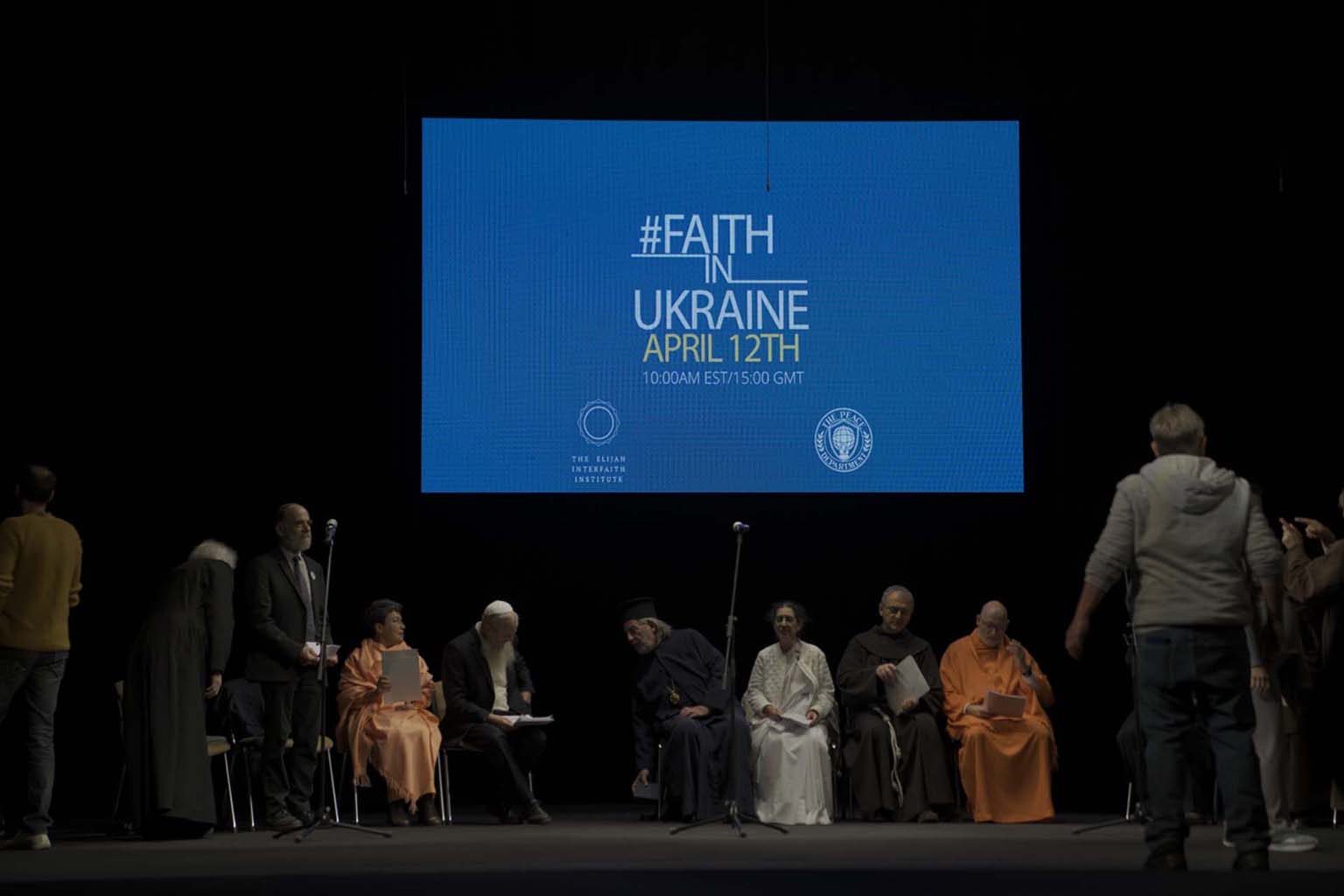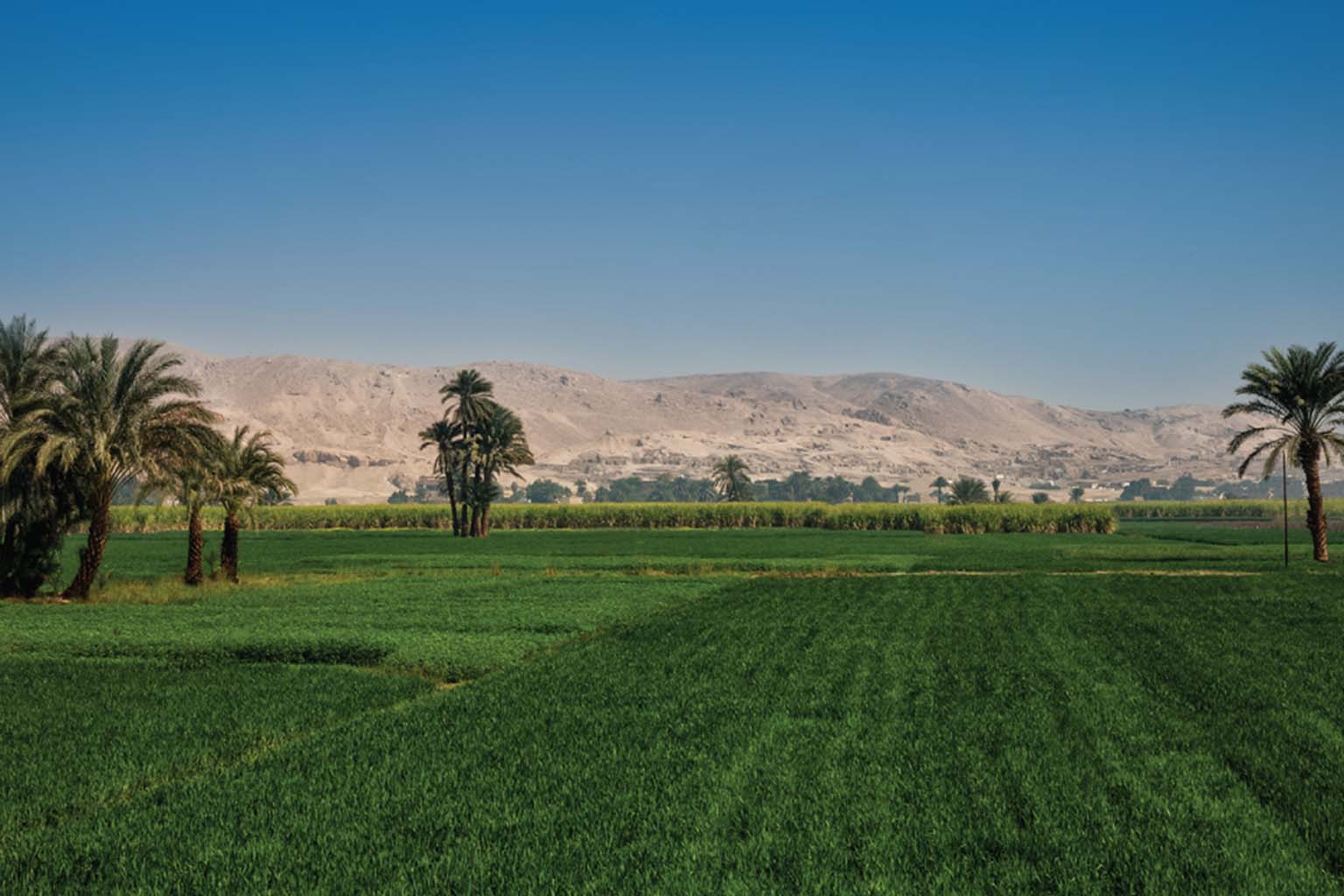Where we left off…
- Putin is making the West look racist and hostile to the global community through not only labeling Ukraine as Nazis, but highlighting the significant double standard we hold when it comes to taking in white / European refugees vs refugees of color
- Putin’s attack on Ukraine is triggering a global food crisis (in part due to the sanctions) which will result in a famine which will impact the developing world (who think we’re racist, and them being starved as a result doesn’t help)
- Putin’s attack on Ukraine has compromised global supply chains which were already under stress from the COVID Pandemic, and are hurting energy availability
- Global supply chain problems are driving up costs, which empower nationalistic / opposition elements in upcoming elections
- While Putin’s military conquest plans may look shaky, he has tools for economic imperialism that he can exercise to gain control of nations impacted by food shortages
- Putin has shown a willingness to exercise these tools, as shipments of stolen grain have already transited the Bosporus (delivery to Lebanon) and a shipment of stolen grain has been seized by Turkey
- Economic and the associated political imperialism could allow Putin to gain control over key trade arteries which would allow him to cut off supplies to the West
So, what do we do about it?
The old adage of the Juvenal, Panem e Circenses, or bread and games, gives us a hint as to what may be done here. If you want the nations of the developing world who are under threat of starvation to understand that you do in fact care for them, why not help feed the people? Why not help them achieve a greater degree of food, water, and economic security before they become more susceptible to Russian proposals due to internal pressures?
Historically, much of the MENA region has faced at least some issues with food insecurity – deserts aren’t the most arable of landscapes, and population growth over the past few decades, combined with the desertification caused by climate change and general destruction caused by conflicts across the region, has exacerbated the problem. Egypt’s population, for example, has grown by more than five times since the 1950s – the result of which has been a shift to a reliance on imports, which is a clear strategic vulnerability (just as what’s going on in Europe shows the vulnerability of relying on oil imports). Food insecurity, a reliance on imports, and the fact that decrease in food access can result in political unrest must be considered if we want to see a stable and prosperous set of friendly partner states in the region.
A common sense approach for stability and prosperity, it seems, would start with both securing the current situation (immediate food aid) and building local production capacity so that these vulnerabilities are shored up. To do this, we need to address not only how to feed the people now, but more importantly we must address how people will be fed in the future. This begins with addressing the water issue – many of these regions suffer from a serious lack of freshwater resources for agriculture, which is a major limiting factor in the potential expansion of agricultural activity. What is needed is to both increase the efficiency of water usage, as well as expand the amount of water available to such operations. To improve efficiency, irrigation systems should be upgraded – ditch irrigation and other traditional irrigation methods are significantly less efficient than methods like center-pivot or drip irrigation. For example, at a cost per acre of roughly $2000 for install of drip irrigation, a $5bn investment from a global development finance institution could help create 2 million acres of drip-irrigation fed arable land in Egypt (2 million acres of increased farmland is one of Egypt’s goals) while improving water efficiency up to 70%. But where will the additional water come from? Advances in desalination technology have continued to lower the cost of converting seawater to potable water, and these technologies are increasingly efficient in energy consumption, with some systems (such as the solar thermal technology that KSA is implementing in their NEOM project) not needing much if any significant energy sources beyond the sun. And, luckily in this region, if you do need additional power, you have lots and lots of sunlight! Solar PV cells should work well, and expanded access to locally produced energy is a boon for all involved. To implement such a solution set (improved irrigation + desalination + energy systems), what would be required is a coordinated approach where financing is provided (probably privately), that financing is de-risked by a global development finance institution, and a number of manufacturers are licensed to rapidly build the required technologies if there is a supply shortage. Additional elements of such an approach would look at soil amendments to improve the efficacy of farming in the desert, biological additives to improve crop performance, and building local capacity for fertilizer production.
On the issue of the global supply chains, fertilizer is one of the major issues – as Russia and Belarus are top exporters of fertilizers, and have banned fertilizer exports as a retaliatory measure against the NATO nations which have sanctioned them, these supply chains need to be reconfigured. For fertilizers, this could be as simple as asking China to buy their fertilizers from Russia (they do in part) in order to free up US & Canadian fertilizer supplies to be sent to places like Brazil, which are currently reliant on Russian fertilizers while China is reliant on US fertilizers – why the trade is currently configured in way where shipments are going longer distances rather than shorter distances is worth exploring, but does appear nonsensical. And this is not the first of the global trade flows that looks a bit wonky – so a restructuring should be look at across the board.Equally as important as the issues with supply shortages due to sanctions, however, are the clogged arteries of the global trade system – in short, we have too much stuff getting sent back and forth, particularly through he sea lanes, and not enough capacity to handle it, especially with lockdowns in China impacting port operations and whatnot. My solve for this may seem a bit simplistic – express lanes for critical goods – but I think it’s worth examining. Many of the supply chain issues are tied to production side – new cars can’t be made without semiconductors, tractors can’t run if they’re missing components, houses can’t be built without nails, and medical services can’t be provided without medical supplies. I posit that we care less about a tickle-me-Elmo toy or a Peloton bike showing up quickly than we do about tourniquets and agricultural supplies getting to where they need to go, and our shipping system should reflect that – having designated ships with high priority cargo, combined with designated port facilities at each major port for these high priority cargoes, will help to fix the issues currently being faced on the production side to improve supply of core vital goods – and this should help knock down inflation and improve access to the things we need.
Ultimately, managing the threat posed by Russia is going to come down to our ability to improve our own systems and extend a hand to those who have been put in harm’s way by Russia’s actions, particularly those who could claim that we’re somewhat responsible for the blowback. To do this will require a unified intention to do the right thing, and a willingness to refine our systems to execute in a more coordinated and efficient manner.
